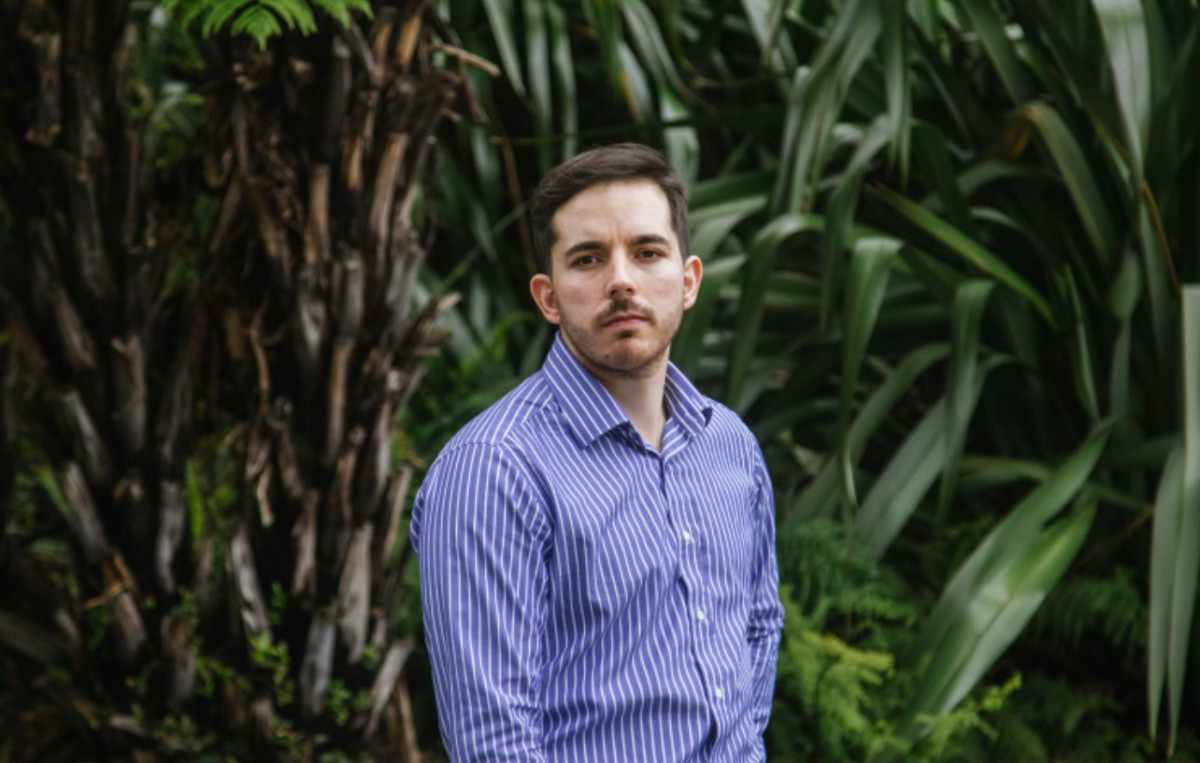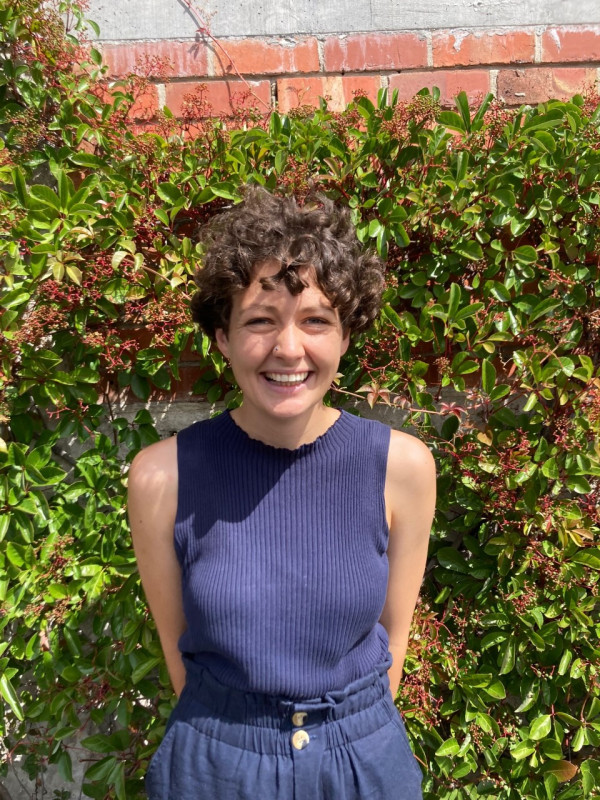Content warning: This article discusses mental health.
Ricardo Menéndez March had no choice but to evacuate his home during the floods as water poured into his Auckland home.
He watched the water rise so rapidly that it was waist-deep before he could do anything.
“It was so distressing to watch the water pour in and everything be eroded,” the Green Party MP and activist says.
“We were worried about what would happen if our home became inhabitable and we were left with nothing.”

Ricardo Menéndez March says eco-anxiety will impact marginalised communities more. Photo: Supplied.
Ricardo says events like these validate the eco-anxiety people have been feeling because there is no question we are seeing more of these disasters.
But now people across Aotearoa are actually experiencing displacement and four people died during the Auckland Anniversary floods.
“It does feel like we are almost past having eco-anxiety about the future because we're now living in the present where people are impacted by climate-related events in our own communities.”
Eco-anxiety, also known as climate change anxiety (anipā o te huringa āhuarangi), is a chronic sense of fear or worry about the impact of climate change.
Symptoms include feelings of helplessness, anger or grief and can cause a lack of motivation, concentration and sleep.
Eco-anxiety isn’t shared equally
Ricardo says helping families recover from the floods in Auckland has only made it more clear how much wealth inequality fuels eco-anxiety.
‘Low-income people, migrants, disabled communities, senior citizens, and indigenous communities are disproportionately affected by these climate disasters.
“And so when we talk about climate anxiety, it is those communities who are least prepared that will be feeling the highest levels of really valid fear and anxiety,” he says.
“Because if you don't have enough to get by on a good, sunny day, you definitely won't be prepared to face these flooding events.”
Ricardo says this is why the response to climate disasters needs to be targeted and directly reach these communities because not everyone will be affected equally.
Advice for eco-anxiety sufferers
Clinical psychologist Lucy McLean is an eco-anxiety researcher and experiences eco-anxiety herself.

Lucy McLean says channelling eco-anxiety into activism can help you feel less helpless. Photo: Supplied.
Through researching eco-anxiety in her master’s thesis and learning from her own experience, McLean has found five pieces of advice that helped her cope.
1. Know these emotions are valid
Lucy says it’s more than valid and understandable to feel a whole raft of emotions, especially after experiencing a climate disaster like the floods.
“For me, I was feeling anger and frustration that more isn't being done in a political space,” she says.
“All of these emotions are valid and they are a reflection of the systems that we're living in.
“My advice is to feel those feelings. Let yourself feel grief, let yourself feel sadness, let yourself feel anger or that overwhelm. It can also help to express those feelings through a creative outlet if you have one.”
2. Connect with people
“Often in a society that values individual responsibility, climate change can feel like an overwhelming burden on your shoulders. But actually, this is a huge collective issue,” McLean says.
“Start by connecting with others and talking about these feelings of stress and grief. Remember you are not alone in this.”
3. It’s okay to turn off the news
“The way we consume news is often on our own looking at our phones. So it can be hard to remember that this is a collective problem and it can feel overwhelming as an individual person to take that on.
“But each person is worthy of joy, comfort, and safety. And so if the constant news cycle is impacting your ability to be well and experience life, it's okay to turn it off for a while.
“We need to think about ourselves as part of the long-term game, right?
“If you want to be involved in activism and demand change for a more sustainable future, you need to be well. And you have to work out what it is that makes you well.
“Sometimes it’s actually disconnecting and prioritising your own health until you have recharged enough to come back. We want people to be sustainable too.”
4. Channel your anxiety into activism
“If your life allows for it, it can be really helpful to channel some of that rage or grief into activism and creating the world that you want to see.”
“We can feel so helpless in this fight, but activism works, and feeling part of change can feel really productive,” McLean says.
5. Learn to accept multiple truths
“One thing that came up a lot in my research was learning to accept multiple conflicting truths at the same time.
“So yeah, climate change can be really shit and the world can be in crisis but I can still experience joy.
“It’s important to accept that there are multiple truths in the world at the same time, even when they can feel in conflict.”
Where to get help:
- 1737: The nationwide, 24/7 mental health support line. Call or text 1737 to speak to a trained counsellor.
- Suicide Crisis Line: Free call 0508 TAUTOKO or 0508 828 865. Nationwide 24/7 support line operated by experienced counsellors with advanced suicide prevention training.
- Youthline: Free call 0800 376 633, free text 234. Nationwide service focused on supporting young people.
- OUTLine NZ: Freephone 0800 OUTLINE (0800 688 5463). National service that helps LGBTIQ+ New Zealanders access support, information and a sense of community.
More stories:
Auckland’s rivers and wetlands were paved over. Now we are paying for it
Each generation has been “kicking the can down to the next generation”.
How to help those affected by Auckland's floods
The number one thing charities need is cash.
On the ground in West Auckland after the floods
Over two months’ worth of rain fell on Auckland in just 24 hours.